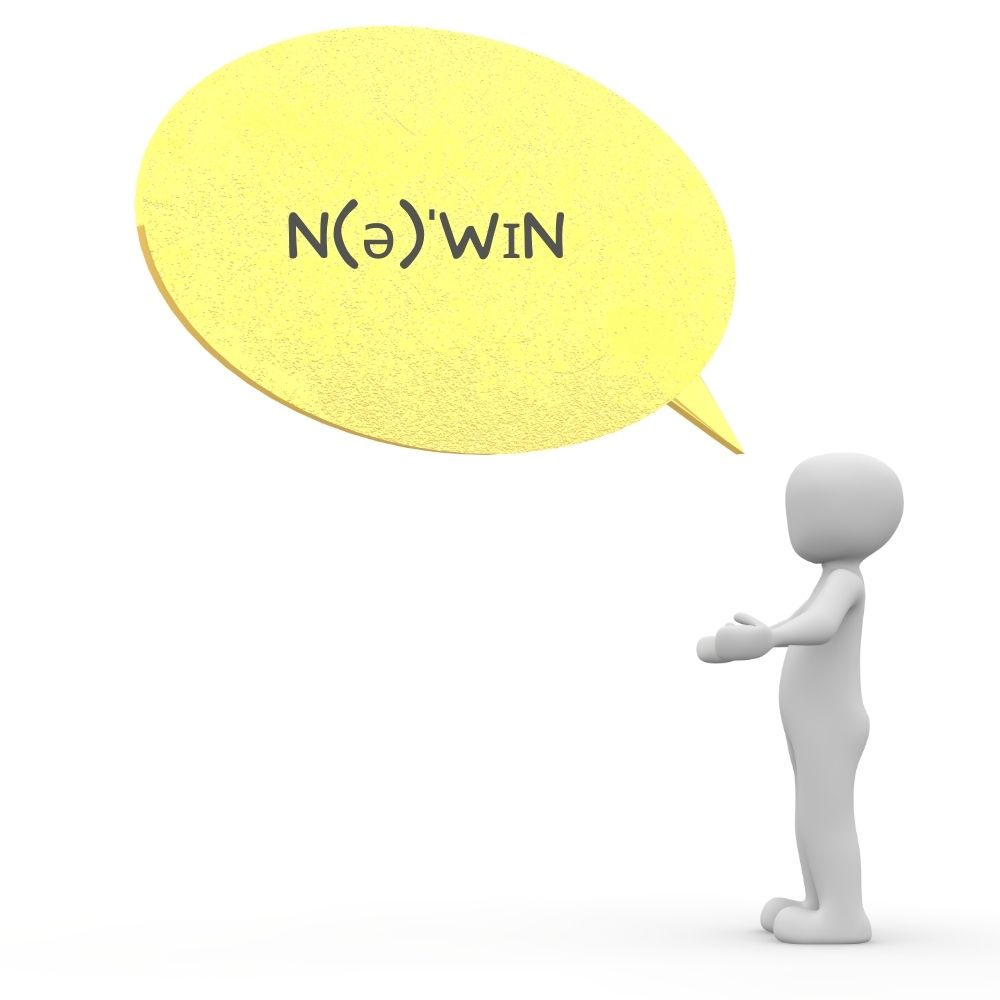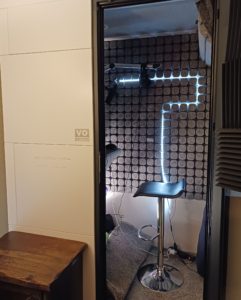Click here to listen to this post on Youtube
I see a lot of complaints in social media book groups about a narrator butchering the name of a small town or street. I’ll admit, I’d complain too if I heard someone mistakenly pronounce the “y” in “Puyallup”, although probably not on a public forum. It is, after all, the responsibility of the narrator and producer to make sure words are pronounced correctly; However, sometimes the problem isn’t from lack of trying. The issue could be the method of communication about the pronunciation, the fact that there are multiple ways to pronounce a place name, or the language or accent of the particular narrator.
Upon receiving the manuscript for an audiobook, a narrator will read it, underline any words or names they don’t know, and research them online. If they cannot find any references, they will go back to the production team or to the author and ask, or take their best guess or two of the pronunciation, and send an audio clip. If the narrator missed the boat, the author might send a note about what the pronunciation should be. It’s great when they are able to find a clip online or from a podcast; For instance, when it’s an actual person the author knows and they know where to look, but when this isn’t possible, sometimes the author will make an audio clip on their phone and send it as an mp3, which works great! However, more often, either out of shyness or lack of technical savvy, the author may instead choose to write the name phonetically, using their own phonetics. Sometimes this can cause confusion, since the English language isn’t very phonetic. Vowels seem to have a mind of their own, and one must know the word in order to know which syllable is emphasized. Words like “alliance” and “dalliance” should rhyme, and should have the same rhythm, but don’t, and anything ending in “gh” is anybody’s guess.
Very few people are familiar with IPA- the International Phonetic Alphabet. Narrators and voice actors may have studied it in drama school, but it is highly unlikely that the author did. For regular words, one can listen to the audio clip in an online dictionary like “Merriam-Webster” or Cambridge Dictionary. For names and places, especially those made up by the author, it’s not that easy. If the author has an idea of how to pronounce it, they will usually send their phonetics in an email, reading something like “It’s pronounced xych-gaugh”.
For real places, it’s usually the narrator or producer’s job to find out the correct pronunciation. Sometimes they may assume they already know it, because they’ve heard the same pronunciation throughout their entire life, even if it’s different from the way it’s said by locals of that place. Sometimes there are multiple ways to say it, even among locals, and pronunciation may depend on the generation of the speaker or other factors. Des Moines, Washington, for example, is usually pronounced by locals with the “s” at the end of the name, as opposed to Des Moines, Iowa. However, officially, at least according to the city council, it is pronounced without the final “s”. Often in the case of many small towns, neighborhoods, and roads in the United States, the local pronunciation is counterintuitive, or has been anglicized or changed slightly from the original French, Spanish, or Native American pronunciation. The Los Angeles neighborhood “Los Feliz” comes to mind. While the early settlers to the neighborhood spoke Spanish, most LA locals now pronounce “Los” with a short “o” and “Feliz” as rhyming with “Bee kiss”.
The other issue that arises has to do with the accent of the narrator. Sometimes it may sound strange to say the name of a place “properly”. For example, imagine a book with a scene where two Americans take a trip to Paris. If the narrator used the French pronunciation of “Paris” every time, they would be laughed at for sounding pretentious. On a less obvious note, there are many accents within the United States, and some vowel sounds don’t exist for all of them. The names “Don” and “Dawn” are pronounced differently in many parts of the U.S., but are pronounced exactly the same by most West-coasters, so asking a San-Franciscan to pronounce “Dawn” may sound as strange to them as asking a Londoner to pronounce the “r” in “Tom Sawyer”.
In Conclusion, the narrator may be pronouncing the name the way they were told through poor phonetics, or may be using one correct pronunciation out of many, or they are pronouncing it in their own accent to avoid sounding pretentious. Still, A seven hour audiobook has an average of roughly 65,000 words, and takes a narrator fourteen or more hours in the booth. That’s a lot of time for something to go wrong, even under the best circumstances. Editors and proofers are contracted to catch mistakes, but sometimes one or two slip through the cracks. When that happens, delight in the smugness you get from catching the mistake, but remember that nobody, and no audiobook is perfect!
Thanks for reading!
Rebecca H. Lee
Visit my website at becksvoice.com!
Follow me on social media!
https://www.linkedin.com/in/rebecca-h-lee-audiobook-narrator
https://www.youtube.com/@RebeccaHLee
https://www.instagram.com/beckcentric
https://www.facebook.com/beckcentric
https://www.tiktok.com/@beckcentric



